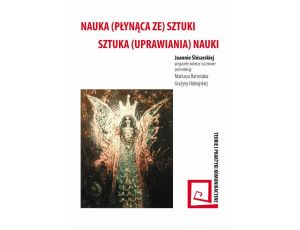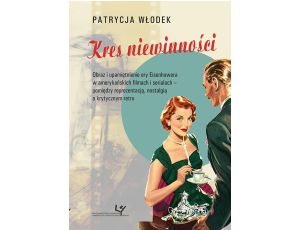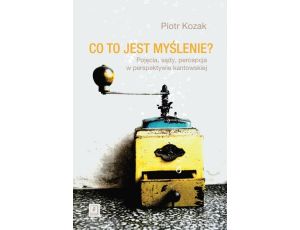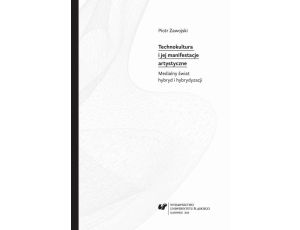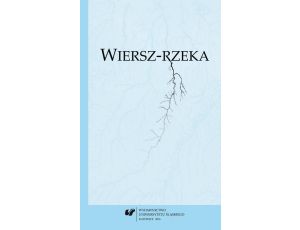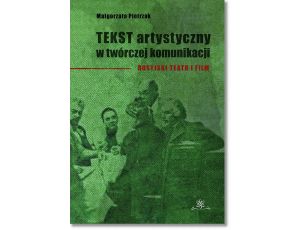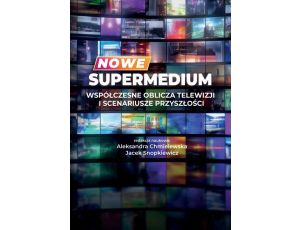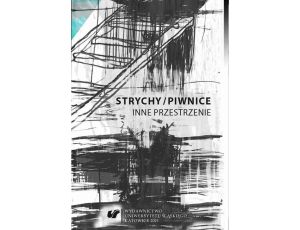Within the area of media studies the radio seems relatively neglected. It is television, Internet and its applications, or even the press, though declining but still important, that gather much more attention. The radio – despite its wide reach and new Internet forms – appears to be secondary medium; accompanying to daily activities, but second to television. Nonetheless it is fascinating in its metamorphoses. This monograph although originates from social and human sciences is of interdisciplinary character. It introduces terminology, concepts and methods both from sociology, media and cultural studies, anthropology. The book includes a number of papers that regard content analysis, radio program structure, its functioning, actions and perception. They are useful in many ways: as an opportunity to exchange experience on the international level and as a contribution to debate over radio practice.
Introduction 7
I. Society, Community and Radio Challenges 9
Guy Starkey, Radio and localness: ownership and content in the convergent/divergent age of media proliferation 11
Tiziano Bonini, Radio public isn’t what it used to be: emerging models in the age of networked society 29
Stanisław Jędrzejewski, Public Service Media Radio 2.0 ahead 39
Jean-Jacques Cheval, Guess who was on the radio last night? 53
Urszula Doliwa, Polish radio stations run by NGOs and the community media model 63
Katarzyna Maciejewska-Mieszkowska, Public regional radio stations as a participant in the electoral communication in Poland. Case study 79
Mirosława Wielopolska-Szymura, Ethnic community radio in Canadian and Australian multicultural societies 97
Magdalena Szydłowska, Programmes for national minorities in the Polish Radio. The important tasks of the public radio 111
Robert Rajczyk, National minorities’ groups in Romania access to media. The case study of radio 121
Lidia Pokrzycka, Radio in Iceland. General characteristics of the market 133
II. Radio Content and Aesthetics 145
Angeliki Gazi, Images, acoustic identity and radio sound 147
Karolina Albińska, Did pictures kill the radio star? ‘Radiovision’ as a new/old incarnation of radio in the audiovisual era 153
Madalena Oliveira, Sounds and Identity: The role of radio in community building 177
Thomas Wilke, On the meaning, uses and representation of hate radio in Hotel Rwanda 189
Emma Rodero, The same song for different broadcasters. Voice and prosody in radio news 211
Golo Föllmer, “Radio Aesthetics – Radio Identities”. A project overview and a methodological study on the experimental variation of radio speech 225
Grit Boehme, How listeners perceive the presenter’s voice 235
Paulina Czarnek, The entertaining role of call-out in Polish commercial radio stations 251
Monika Białek, The image of contemporary Poland in Polish radio feature broadcasts 263
Joanna Bachura, Feature – the marriage of fact and fiction 277
Grażyna Stachyra, Radio charitainment. A case study of Radio Eska’s campaign ‘We undress to dress’ 287
Notes on Authors 299
